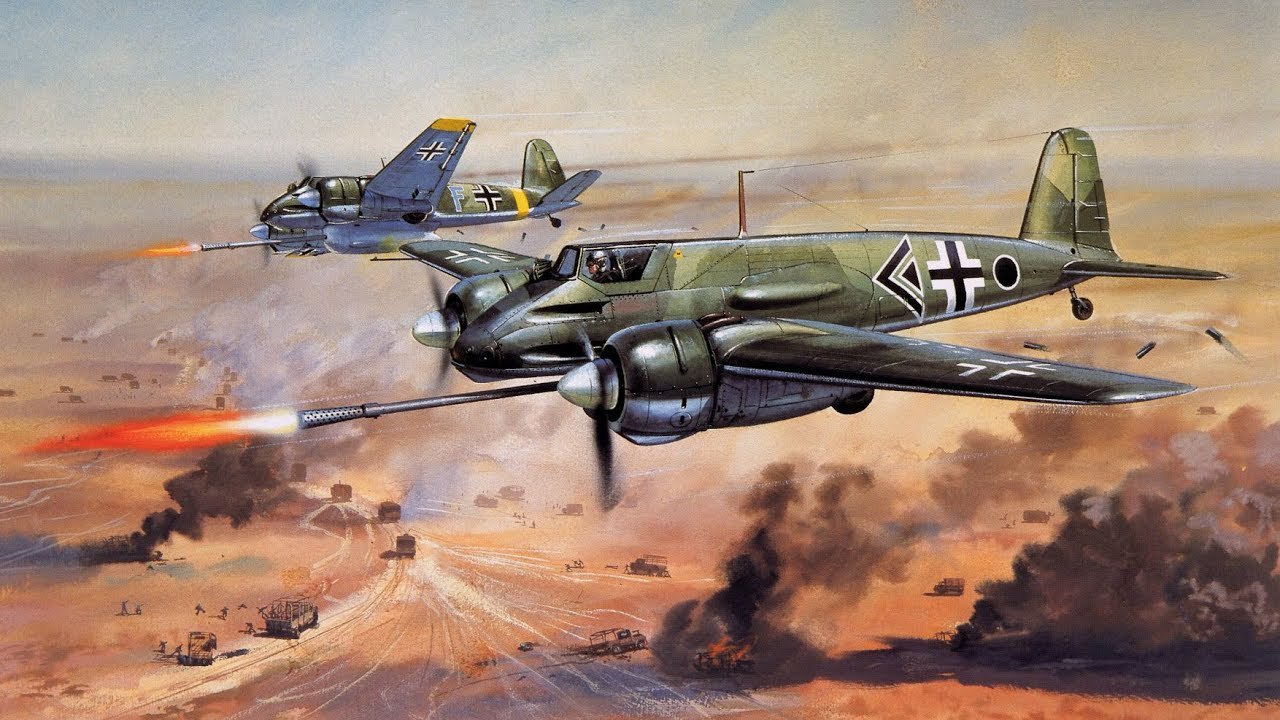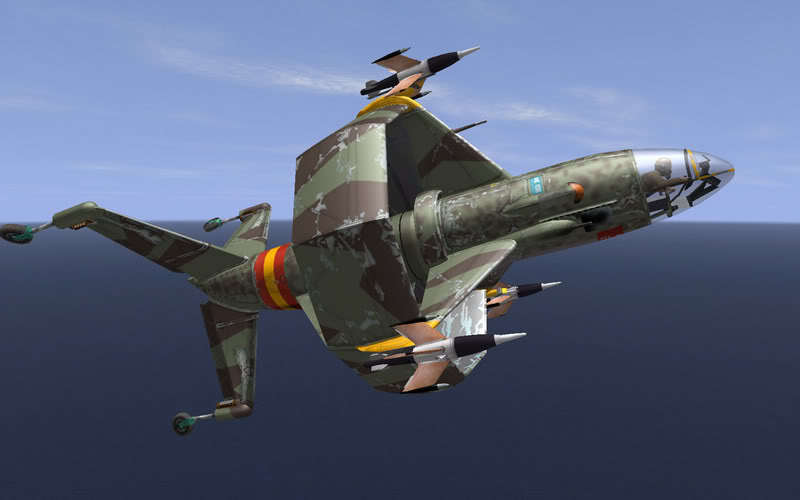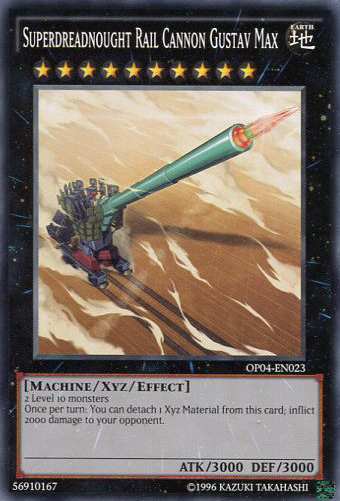This is not a thread discussing the massive crime on humanity Germany is responsible for.
It's more so about the technological and military accomplishments of Germany during this time. Somehow, Germany alone was able to conquer majority of Europe. The country was able to hold it's own against U.K., France, USSR, AND the United States for sometime.
How?! The fact that the Germans were enraged, disgruntled, and unified surely played a part. But the Germans legitimately had some excellent scientists. They created some of the most powerful and durable tanks at the time along with other weapons. They even managed to create synthetic oil to power its war machine, since the country has no oil reserves.
Thankfully the good guys one in the end, but still its difficult to believe that a lone country was able to hold its own against 4 major world powers at the time.
Germany's military success was leveraged off the combination of lack of preparedness by her enemies, good military doctrine, pillaging/slave labor, taking on enemies one at a time, and luck. Technological superiority had little or nothing to do with it.
Germany only enjoyed technological superiority in a few areas, and ones that didn't make a difference in the war. They were behind in other areas. Synthetic oil was only big in Germany by necessity. The process was invented in about 1916-1919, and the Nazis developed it because their access to actual oil was highly limited. Synthetic rubber, being in demand by both Allies and Axis, was developed by both - more successfully in America, where synthetic rubber production became quite enormous by the end of the war.
Germany did not have superiority in tanks. In 1939-1940, the French had the "biggest and most armoured" vehicles, the Char B series. If you read battle logs from the Battle of France you'll find reports of lone Char B1 vehicles holding off columns of German tanks, who are unable to penetrate the B1 even after dozens of close range hits. The British tanks were more or less on par with the German state of the art, and so were some of the French mediums. In 1941, the Soviets had superior armoured technology to the Germans. The German armour of 1943 onwards was indeed thicker than western-allies armoured vehicles which is where this perception appears, but stuff like the Sherman was a far more useful tank to the Allies than the Panther or Tiger was to the Germans, because they were cheap and effective enough to be produced in overwhelming numbers. Most battles were not 1 tank vs 1 tank - they were 5 tanks vs 0 tanks, because the Germans could not cover most of their front and were drastically outnumbered.
Germany had the lead in rocketry, submarine technology, synthetic oil and that's about it. They did not have the lead in armoured technology except at a few small points, they did not have the lead in radar, computers/cryptopgraphy, small arms, artillery, aircraft (particularly heavy aircraft - and no I don't give a fuck if they put up a mediocre jet interceptor a few months before the British got one online), any other naval technology at all, or nuclear technology. The famous Panzerschreck was actually reverse engineered from the American Bazooka!
Germany
did not hold it's own against 4 major world powers alone, or even at all. Germany took over Austria and Czechoslovakia without a fight. Then they took on Poland while France and Britain built up forces. Then Germany took on France and got extremely lucky when they actually succeeded despite material and numerical inferiority and only technological parity. Then Italy joined them as allies and waged an unsuccessful war in North Africa. Germany had the following allies:
- Italy
- Hungary
- Japan
- Finland
- Romania
- Bulgaria
Germany had access to the resources and slave labour from the following countries:
- Chechoslovakia
- France
- Belgium
- Netherlands
- Norway
- Poland
- The western half of the USSR
Germany, despite outnumbering the Soviet union with its allies and fighting on more or less a single front (North Africa with 2 divisions barely counts), did not manage to defeat them, and the USSR held the Germans back and regained ground with only extremely minimal external assistance prior to 1943. After this point, the Germans only lasted 2 years despite their enemies having to reconquer thousands of square miles of land and amphibiously land in the West.









